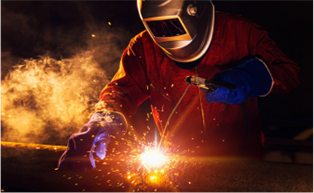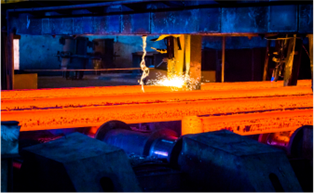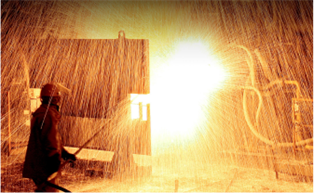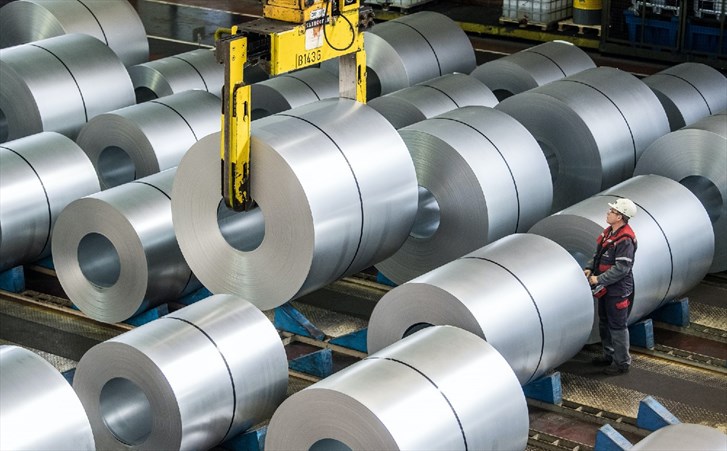Steel industry strives to address challenges toward sustainable growth
To improve competitiveness for the steel industry, businesses have been advised to optimise technology, save energy, and implement product quality standards, experts said.
08/04/2024 13:07
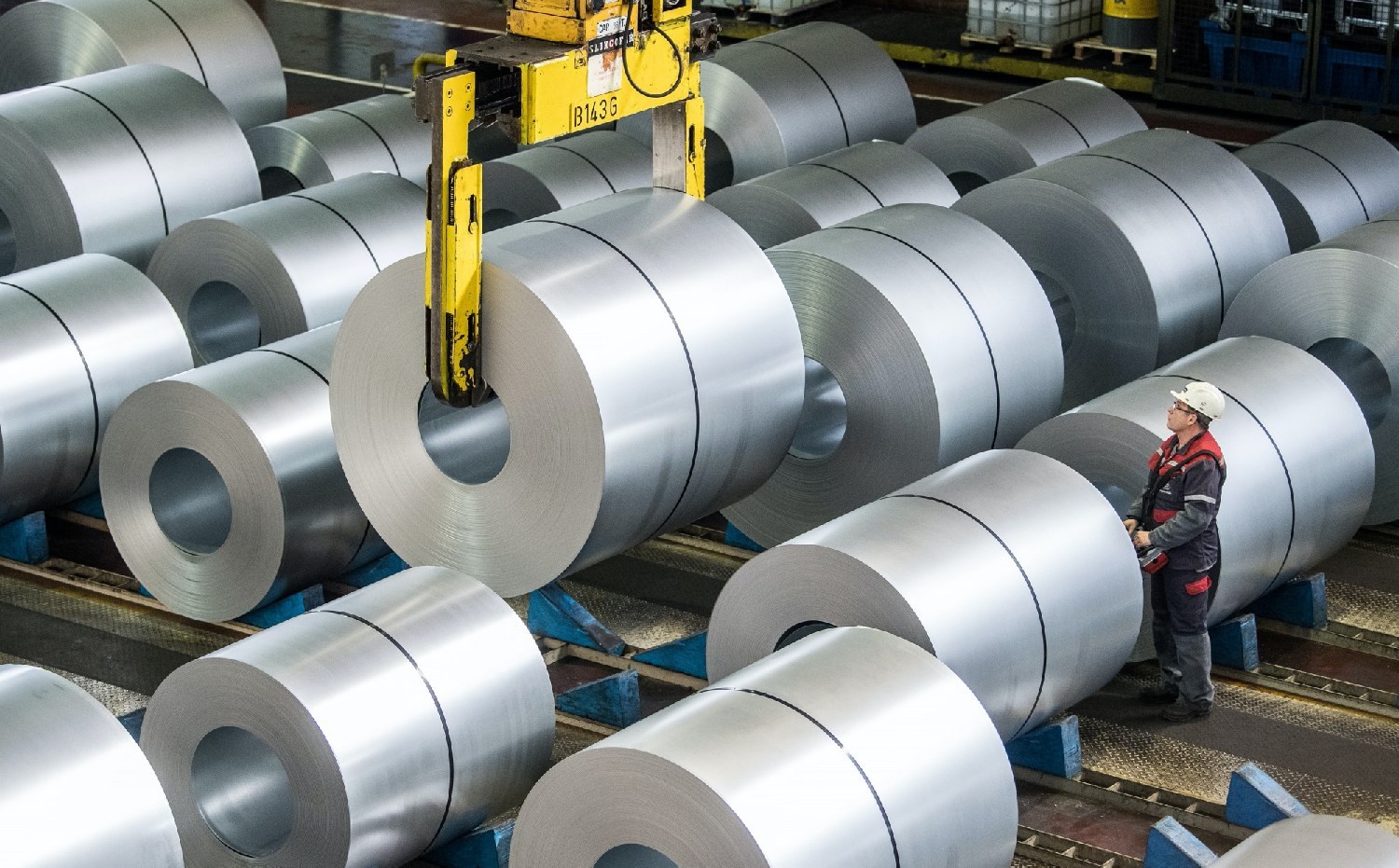 Steel enterprises meeting high-quality standards to boost exports
Steel enterprises meeting high-quality standards to boost exports
Hanoi (VNA) - To improve competitiveness for the steel industry, businesses have been advised to optimise technology, save energy, and implement product quality standards, experts said.
Vietnam is the 14th largest steel exporter in the world. Vietnam has exported steel products to more than 30 markets, with about 25-30% of its steel exports going to the EU market. This accounts for about 16% of the market’s total steel imports each year.
However, from early 2024, Vietnam’s steel products exported to the EU have to comply with new regulations, including trade defense measures for imported steel as well as the Carbon Border Adjustment Mechanism (CBAM).
New regulations
Last year, Vietnam exported over 2.5 million tonnes of steel to the EU, nearly doubling the figure reported in 2022. Since the EU – Vietnam Free Trade Agreement (EVFTA) came into effect in August 2020, Vietnam has continuously expanded its market share in the EU, making it one of the main export markets of Vietnamese steel.
Dr. Nguyen Van Hoi, Director of the Institute of Industrial Strategy and Policy Research at the Ministry of Industry and Trade (MoIT), said the steel industry’s contributions to export activities have contributed to the country’s trade surplus despite many challenges of global trade recently.
“Amidst global difficulties facing import-export activities, Vietnam maintained trade surplus with the EU market thanks to the great contribution by steel exports,” Hoi said.
According to Vice General Director of the Vietnam Steel Corporation (VNSteel) Pham Cong Thao, the volume of steel exports to the EU accounted for 23% of Vietnam’s total steel exports in 2023. However, from mid-2023, especially this year, Vietnam's steel export to the EU market has faced many challenges, including barriers of trade defence measures and CBAM.
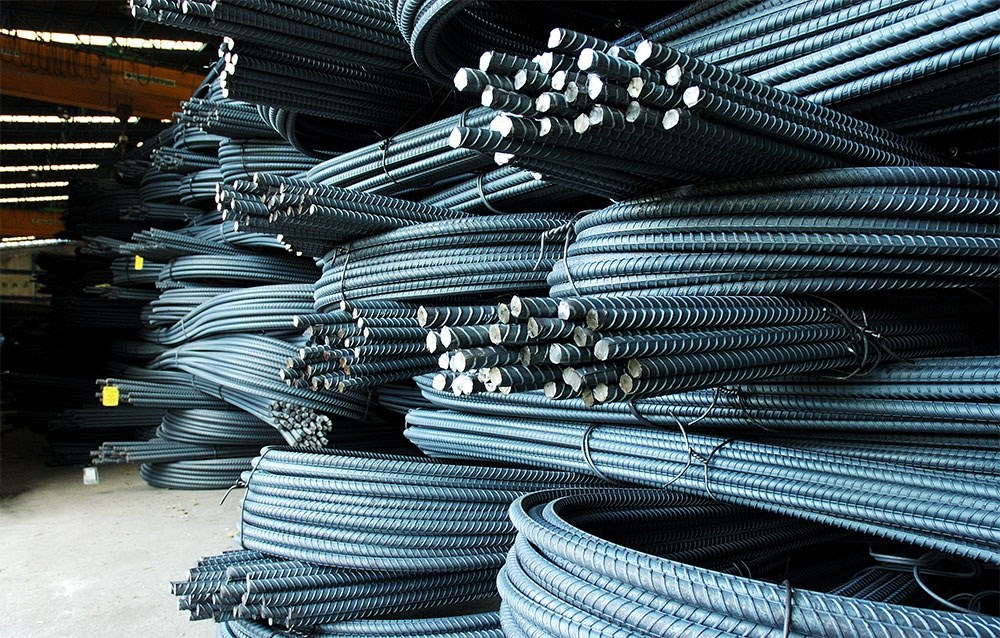 Vietnam's steel enterprises make efforts to change production technology
Vietnam's steel enterprises make efforts to change production technology
Under new regulations of the EU, the bloc will continue maintaining trade defence measures on steel imported into the EU until June 30, 2024. Therefore, to be exempted from safeguard duties, Vietnam must maintain an export share below 3% of the EU's total steel imports for each type of product.
Regarding CBAM, Thao said the mechanism aims to impose a carbon tax on all goods imported into EU countries, based on the intensity of greenhouse gas emissions in the production process in the host country.
Adaptation for sustainable export
Vietnam's steel export has been and will be affected by the protectionism of other countries and requirements related to carbon emissions. Since 2004, there have been more than 70 investigations affecting steel exports of Vietnam such as anti-dumping and anti-subsidy, and anti-evasion.
According to Dinh Quoc Thai, Vice President and General Secretary of the Vietnam Steel Association (VSA), Vietnamese steel enterprises have been making efforts to convert technology for both blast furnace and electric furnace technology to meet the standards of export markets.
The World Steel Association forecast that the demand for finished steel products in 2024 will grow by about 1.9% compared to 2023, of which steel consumption demand in the European region is predicted to expand by 5.7%.
 Roll steel product for export
Roll steel product for export
According to the VSA, the steel industry is likely to recover slightly in 2024, with steel consumption projected to increase by 7% to 21.7 million tonnes, while the output is expected to reach nearly 29 million tonnes, up 7% year-on-year.
Apart from calling for the Government’s support policies for businesses regarding trade defense, the VSA recommended that the Government take measures and financial support to encourage steel manufacturers to upgrade production techniques to reduce energy consumption and carbon emissions, towards gradually eliminating outdated production technologies.
Do Nam Binh, head of the Minerals and Metallurgy Division at the Department of Industry under the MoIT, said steel enterprises should strictly abide by legal regulations such as the Law on Environmental Protection, Decree 06/2022/ ND-CP, Decision 01/2022/QD-TTg, and the National Strategy on Climate Change.
Binh said Vietnam's steel manufacturers need to optimize technology, save energy, step up digitalization and application of technology to reduce carbon emissions in production. He said manufacturers should also announce product quality standards following legal regulations on goods quality management and unify the import and export commodity code management system (HS Code) with the import and export management agencies to be ready for implementing CBAM./.
VNA (en.vietnamplus.vn)


